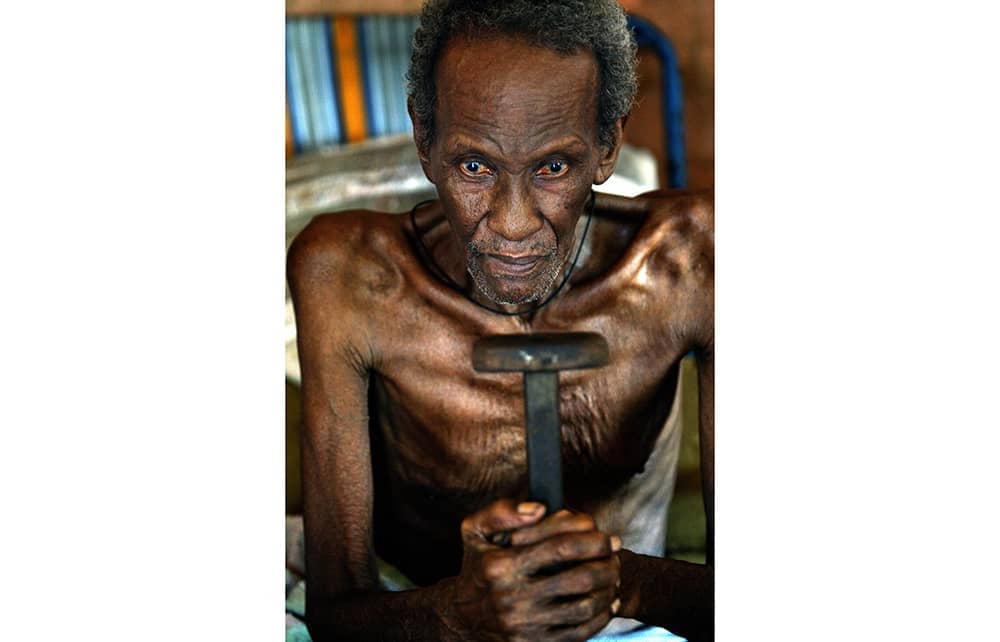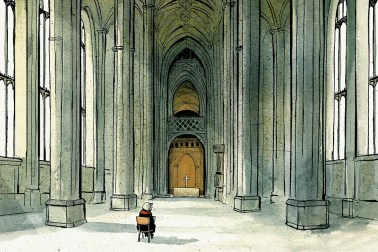Philippe Sands’s compelling new book opens in 2018 at the International Court of Justice in The Hague, where Liseby Elysé – ‘a distinctive lady dressed in black’, who can neither read nor write – is making a video statement before 14 judges. In Creole, she describes how, in 1973, she and the last of her 1,500 fellow islanders from Peros Banhos (part of the Chagos archipelago, south of the Maldives) were forcibly deported to Mauritius. They were herded in the dark onto a boat for a four-day passage, with neither notice nor explanation given, restricted to one wooden trunk of possessions apiece, homes abandoned and all their pets rounded up and gassed. The boat’s captain said he had ‘never transported people in such terrible conditions’. Mme Elysé was four months pregnant, and later lost her child.
The author, a distinguished academic and barrister, then took to the podium, acting for the Mauritian government, and argued that this removal was illegal, as was the original British severance of the islands to set up a new colony in 1965, the British Indian Ocean Territory (BIOT), which is the subject of this succinct, impressive work.

Get Britain's best politics newsletters
Register to get The Spectator's insight and opinion straight to your inbox. You can then read two free articles each week.
Already a subscriber? Log in







Comments
Join the debate for just $5 for 3 months
Be part of the conversation with other Spectator readers by getting your first three months for $5.
UNLOCK ACCESS Just $5 for 3 monthsAlready a subscriber? Log in